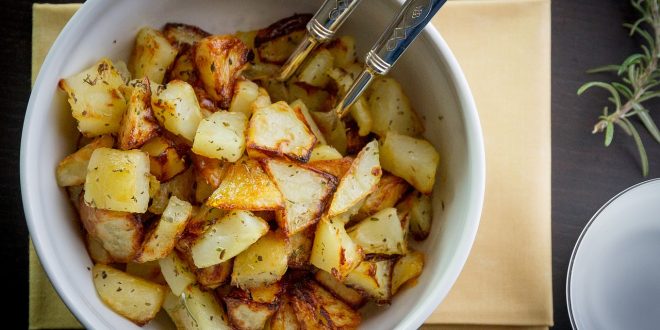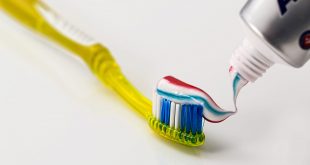By Bill C
We often see some of our classmates fall asleep during class, sometimes in the morning, sometimes in the afternoon. A recent survey showed that at least 20% of students fall asleep in a typical day.
Besides lack of sleep, what could cause such a serious problem? It turns out that “carb crash” is one of the reasons.
When you feel hungry, you need to eat foods or snacks to stay satiated. You may feel energized right away, but if you have had a meal or snack that was heavy on carbohydrates, you would find yourself “crashing” and feeling more tired than before you had the snack or meal. Sounds like a sugar rush and crash right?
Carbohydrates are one of the main type of daily nutrients. As it turns out, sugars, starches, and fibers are all carbohydrates. An enzyme called amylase turns them into glucose for the body as energy to use or as fat to store.
Consuming carbs, especially like sweets and soda, will provide a quick rush of energy. Much of this initial energy jump is caused by artificial sweeteners called empty carbs. Empty carbs and sugars are your worst enemy. It seems that our society is addicted to refined sugar. High-fructose corn syrup, especially, sharply increase blood glucose levels, causing pancreas to pump out insulin. The insulin takes all the glucose-fructose from the bloodstream, causing blood glucose levels to drop. This process make you feel sleepy and unable to focus, then cause you crave sugar again.
Even if you cut consumption of refined sugar, but then eat a big plate of pasta lunch, you still may want to sleep. Grains, fruits and starchy vegetables like corn and potatoes also contain large amounts of carbs—they will trigger the same body response as sugars. After your body responds to large amount of glucose for a while, you may develop insulin resistance. It will cause you generate more insulin to deal with the same amount of sugar it can handle before. The pancreas has to desperately generate more and more insulin, eventually exhausting itself. This is how type 2 diabetes develops.
Although consumption for carbohydrates cannot be avoided completely, you can do something about it to minimize the effect. By eating healthy fats and less refined sugar, you are decreasing your risk for carb crashes. Small amounts of carbohydrates should be consumed, instead of full meals based around pasta or potatoes. This way, you are leaving the road to diabetes onto a more healthy lane.
 Tempus Magazine By Students, For Students
Tempus Magazine By Students, For Students 



